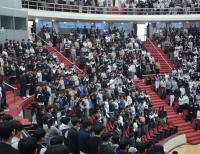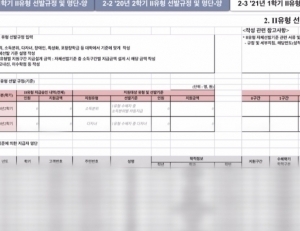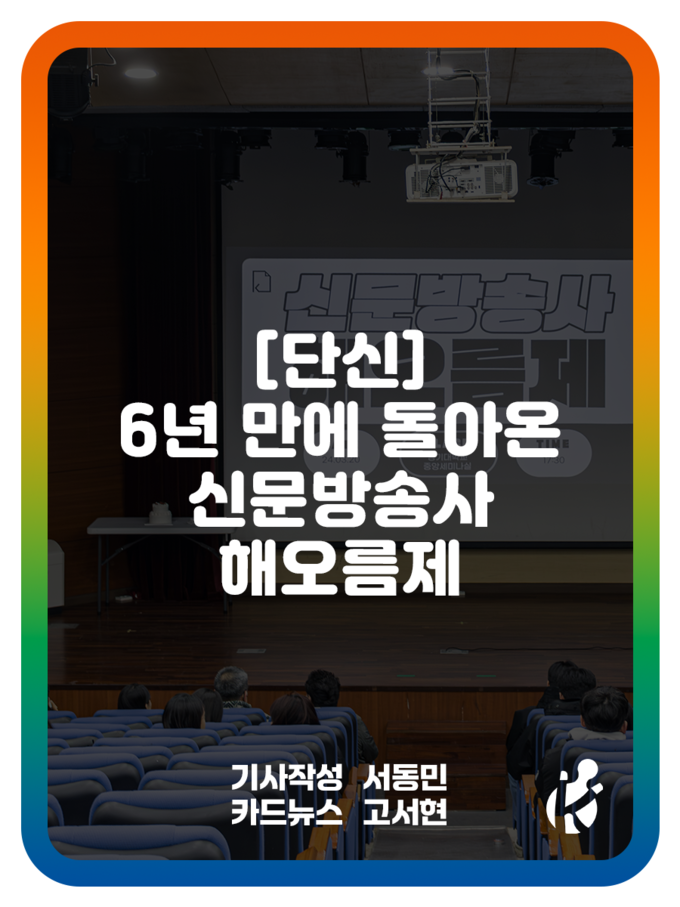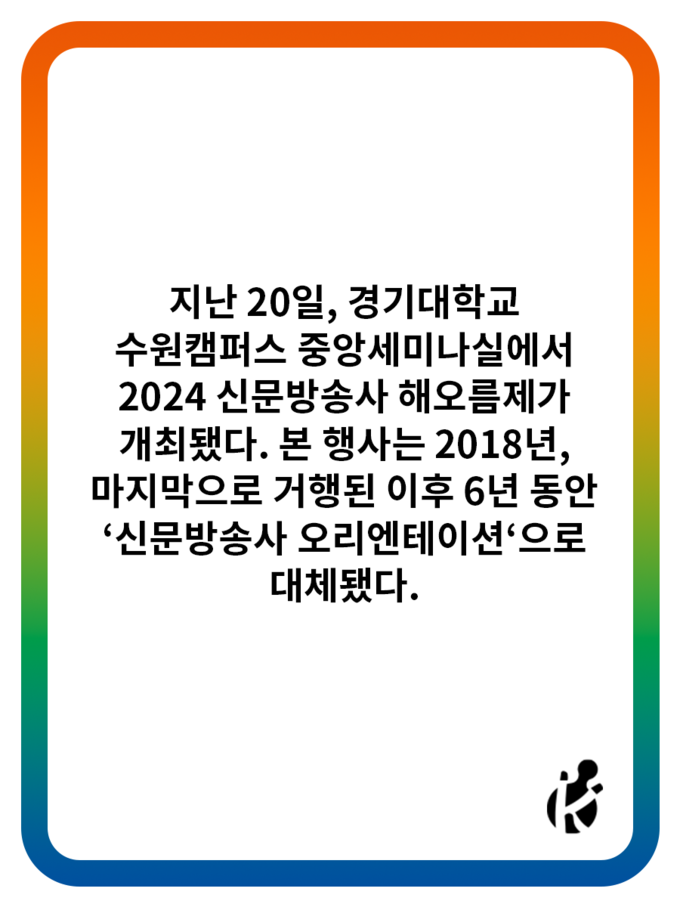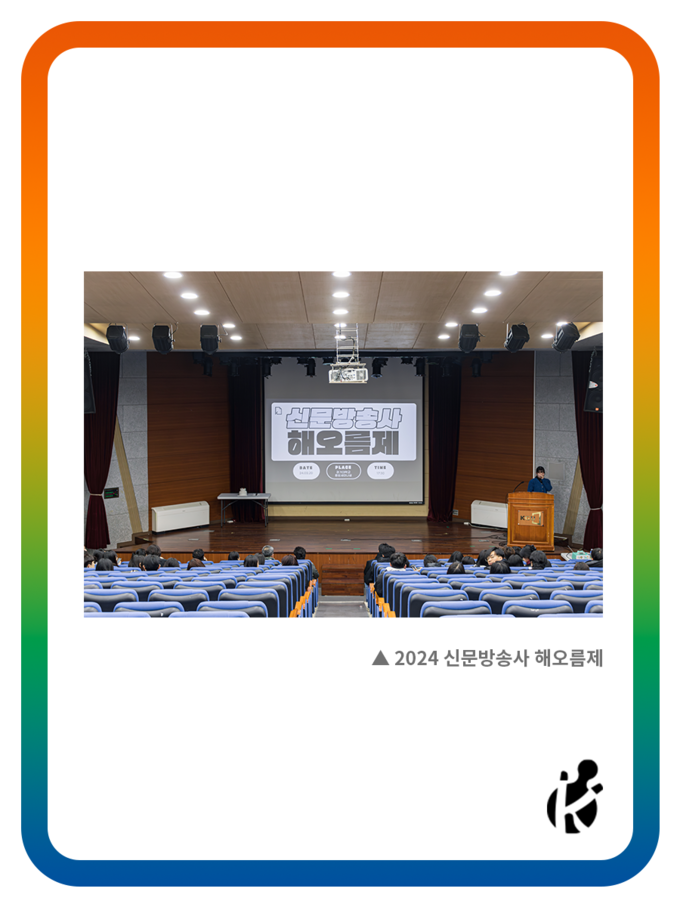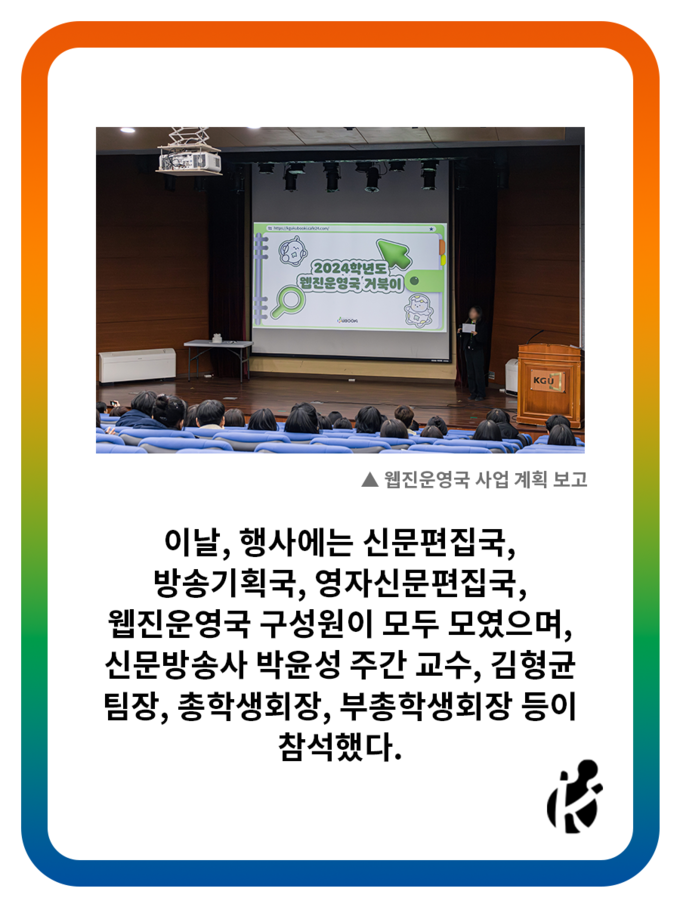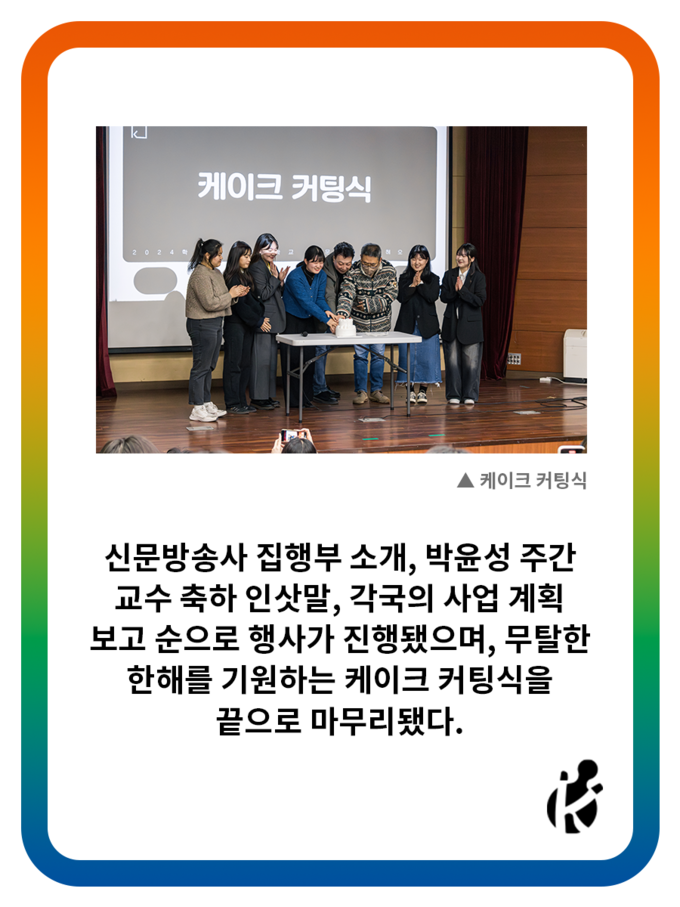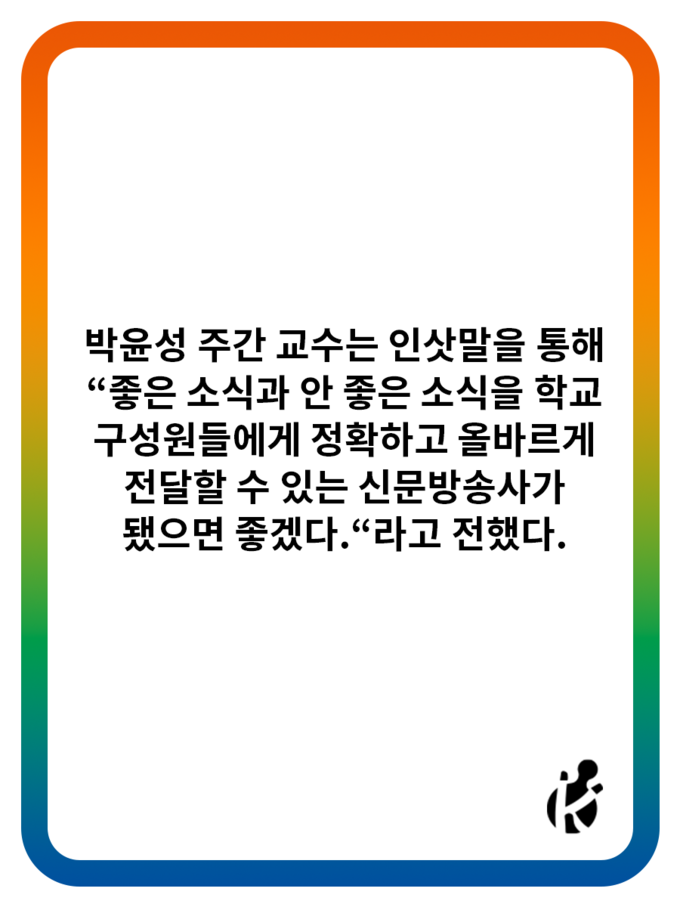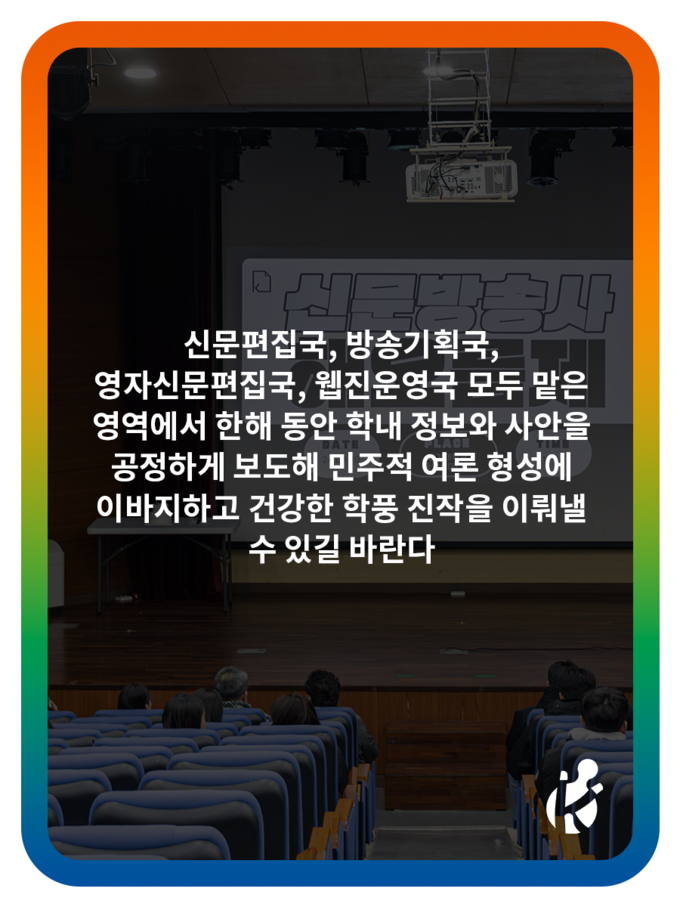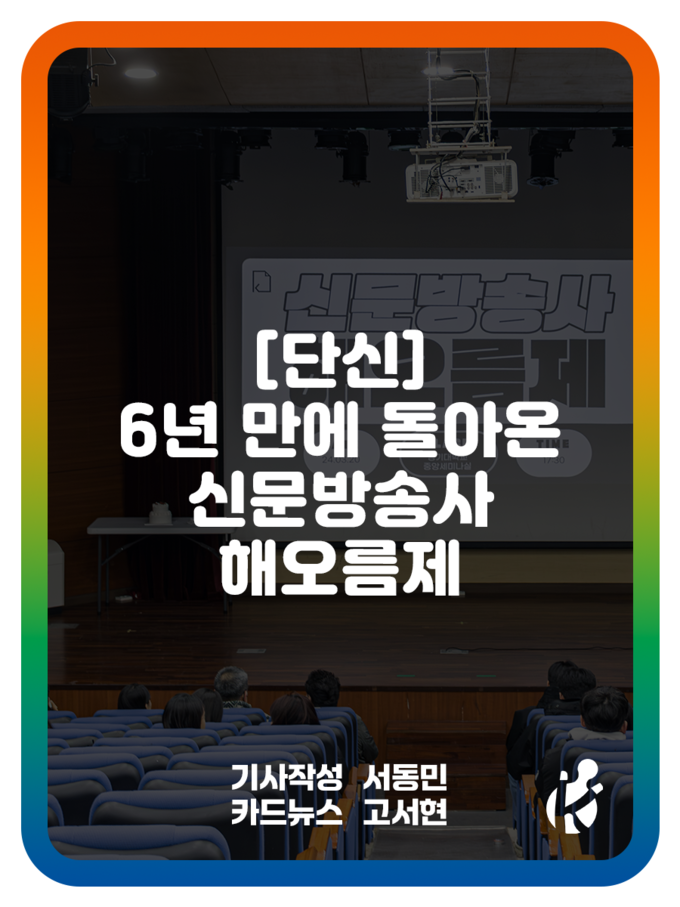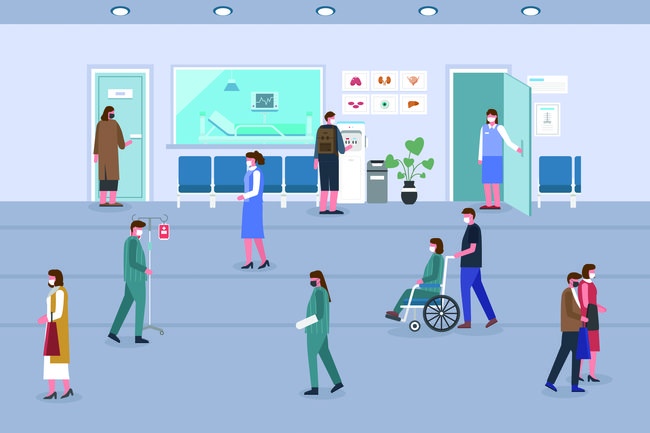
As the social atmosphere of wishing to attend medical college is becoming prevalent among elementary students, so-called ‘medical college bias’ is appearing in our society. However, in reality, there is a shortage of doctors’ manpower in departments such as surgery, pediatrics and obstetrics, all of which are essential. This is because most medical college students apply for more popular departments that let them earn a higher annual income such as dermatology and plastic surgery. Among the general medical specialties available to students, the department with the largest increase in enrollments is dermatology at 4.2%, while the department that has the largest decrease is pediatrics at –2.3%. As a result, it will be more difficult for patients visiting the hospital because of the lack of residents applying for unpopular departments. In addition, nurses have been speaking about the enactment of a nursing law for the stability of nurses’ work, improvement of their working environment, and securing expertise. Despite the opposite opinion that there is no need to enact a nursing law separately because there is an existing medical law, the Korean Nurses Association has been steadily pushing it for a long time. Because of all of this, we have reached a point where we can easily realize that the medical system is collapsing.
Medical College Bias
One of the fundamental reasons for medical college bias is premised on ‘anxiety marketing’ by academies. “If you do not study early, you can’t attend medical college.” This anxiety marketing seems to work. Experts say that parents and their children’s tendency to pursue high income and stability is one of the representative reasons for the medical college bias. It is a feature of the generation that experienced the foreign exchange crisis in 1997 and the financial crisis in 2008. Doctors have a high social and economic status, and they can earn an average annual income of more than 200 million won. Above all things, it is a stable job that doesn’t have a mandatory retirement age. Since the 1990s, as a result of the economic crisis, people’s preference for high-income jobs has increased. The high stability and profit of medical professions created the emerging medical college bias while the medical college quota was frozen for 18 years with the uncertainty about the future that only increased due to recent poor economic growth. For modern people, anxiety about the future is natural, so this is why everybody is clinging to medical college, the option that offers guaranteed success.
Closing of Pediatrics
Last March, parents with young children heard bad news like a bolt out of the blue. The Korean Doctor Society of Pediatrics and Adolescents declared the closure of some pediatrics departments. The exact meaning of this announcement is not that pediatric hospitals will disappear, but rather that pediatric specialists will give up that field and switch to general medicine. The reasons why doctors avoid pediatrics are low medical expenses that have been frozen for 30 years and thoughtless medical litigation by some parents. In addition, the decrease in the number of pediatric patients due to low birth rates is also a reason.
Since the shortage of medical doctors has become worse, the biggest victims are children and parents. Some problems could happen when pediatrics closes. The first problem is that children with severe diseases have reduced access to medical services, which may delay their treatment. Furthermore, it can influence children’s development with the lack of high quality child care services. In addition, children’s chronic illnesses can increase because of poor proactive measures such as vaccination programs and health education campaigns. Currently, public opinion about the closing of pediatrics departments is very controversial with both pros and cons. Since the problems must be solved within the limited budget of health insurance, the overall medical insurance premium should be raised, or people’s burdens will increase. Furthermore, there is a lot of pressure on pediatric doctors. The only medical department that offers treatment on nights and holidays is pediatrics. Medical doctors’ work-life balance and their human rights are often disregarded. The fundamental problem is not a situation in which a pediatric medical doctor is unnecessary, but a structure that has made pediatric medical doctors no longer able to maintain their work. We have to consider the structural problem.
Nursing Law
Since 2005, the Korean Nurses Association has endeavored to enact a nursing law that has never existed before. A nursing law was proposed to ensure better treatment of nurses who work in unreasonably poor environments. The nursing law stipulates the scope of work of nurses. Once the nursing law is enacted, a comprehensive nursing plan is established every five years, the Ministry of Health and Welfare investigates factual surveys about nurses every three years, and the government designates working environment improvement policies and education for nurses. However, there was a conflict with the Korean Medical Association. The essential conflict is about the scope of nursing work, and according to Article 2, Paragraph 2, Item 5 of the previous medical law, the role of nurses is to assist in treatment conducted under the guidance of doctors, dentists, and oriental doctors. Under the proposed nursing law, ‘under the guidance’ is changed to ‘guidance or prescription’ and their work also changed from patient care to support of care. This is the problem. Contrary to the intention to improve nurses’ treatment by solving the problem of not enough manpower, the majority of medical organizations criticize expanding the scope of nurses’ work which includes the possibility of independent hospitals without medical doctors. In addition, the medical community seems to not be very happy to enact the nursing law due to the collapse of the healthcare system, deepening conflicts between healthcare professions, and changing the status of healthcare professions. When the nursing law went through the legislature in April 2023, it was deposed because of the right to demand a presidential reconsideration. Even though the enactment of the nursing law has failed, the struggle to establish the nursing law continues to this day. Improvement of nurses’ working environment and fundamental alternatives can be achieved by medical professionals trying to understand each other, not just thinking about the benefits of their own side.
Korea faces an unstable medical system and different opinions are not only tautly opposed but also no fundamental solution has been reached. The government should quickly find and resolve structural factors that make the medical system unstable and come up with countermeasures to resolve conflicts between organizations. Furthermore, we should constantly pay attention to the voices of the medical community and have an objective attitude. If we tackle these problems based on understanding and communication, good changes will occur not only for the public but also for the medical professionals in Korea.
77th Reporter • JOE YEON WOO • amyjoe0213@naver.com
79th Reporter • CHO SEO YUN • jeoyum@gmail.com
- TAG
-
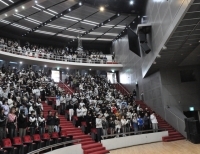 What Happened in KGU? : 수원캠퍼스 학생총회 편
On April 4th, a general meeting of students was held in the Tele-convention center at the Suwon campus. The contents were the same as the general meeting of students in the Seoul campus: the first part was for agenda announcement, the second part was about the Membership Training for whole university, and the third part was simple Q&A time. In the first part, the agendas were all the same as the ones for the Seoul campus, and the result of the ...
What Happened in KGU? : 수원캠퍼스 학생총회 편
On April 4th, a general meeting of students was held in the Tele-convention center at the Suwon campus. The contents were the same as the general meeting of students in the Seoul campus: the first part was for agenda announcement, the second part was about the Membership Training for whole university, and the third part was simple Q&A time. In the first part, the agendas were all the same as the ones for the Seoul campus, and the result of the ...

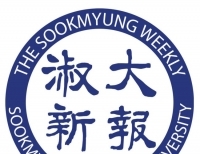 [타 대학보 축사] 경기대신문의 1100호를 진심으로 축하드립니다
[타 대학보 축사] 경기대신문의 1100호를 진심으로 축하드립니다
 [와이파이] 큰 박스에 달랑 물건 하나, 과대포장 규제 정책 시행은 언제쯤
[와이파이] 큰 박스에 달랑 물건 하나, 과대포장 규제 정책 시행은 언제쯤
 [문화산책] 이 세계는 멋져 보이지만 모두 환상이야
[문화산책] 이 세계는 멋져 보이지만 모두 환상이야
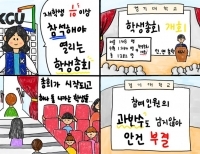 [네컷만화] 학생총회
[네컷만화] 학생총회

 목록
목록






